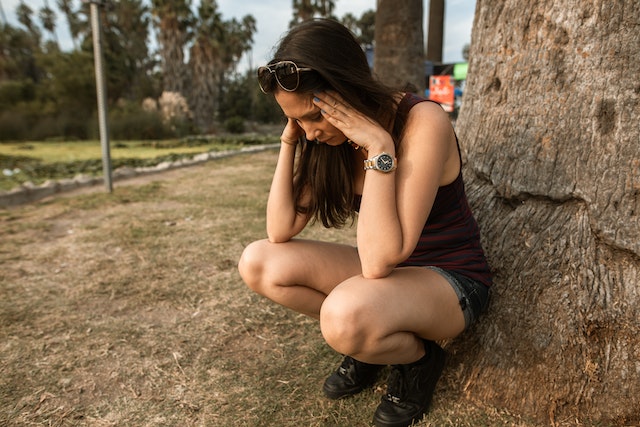Social anxiety disorder, also known as social phobia, is a common mental health condition that affects millions of people around the world. It is characterized by intense fear and self-consciousness in social situations, leading to avoidance behaviors and a negative impact on daily life activities.
Symptoms of Social Anxiety Disorder
Individuals with social anxiety disorder experience significant distress in social situations, such as meeting new people, public speaking, or going to parties. They may also experience physical symptoms such as sweating, shaking, and rapid heartbeat. Other common symptoms include:
- Fear of being judged or criticized by others
- Worrying about embarrassing or humiliating oneself
- Avoidance of social situations
- Difficulty making and maintaining eye contact
- Self-consciousness about one’s appearance or behavior
- Intense fear of negative evaluation
Causes of Social Anxiety Disorder
The exact cause of social anxiety disorder is not known, but it is believed to be a combination of genetic, environmental, and cognitive factors. Some potential causes include:
- Genetics: Social anxiety disorder may run in families and may be influenced by genetics.
- Environment: Traumatic or negative social experiences in childhood can increase the risk of developing social anxiety disorder.
- Cognitive factors: Negative thought patterns and beliefs about oneself and social situations can contribute to social anxiety disorder.
Treatment for Social Anxiety Disorder
There are several effective treatment options for social anxiety disorder, including therapy, medication, and self-help strategies. The most effective treatment is often a combination of these approaches.
- Therapy: Cognitive-behavioral therapy (CBT) is the most commonly used form of therapy for social anxiety disorder. This type of therapy focuses on identifying and changing negative thought patterns and beliefs about oneself and social situations.
- Medication: Antidepressant medication, such as selective serotonin reuptake inhibitors (SSRIs), can be used to treat social anxiety disorder.
- Self-help strategies: Simple self-help strategies, such as deep breathing exercises, progressive muscle relaxation, and visualization, can help to manage symptoms of social anxiety disorder.
It is important to seek help if you are experiencing symptoms of social anxiety disorder. With the right treatment, it is possible to manage symptoms and lead a fulfilling life.
- Cognitive-behavioral therapy (CBT)
- Reduced symptoms of social anxiety disorder
- Improved daily functioning
- Increased quality of life
- Greater self-confidence
In conclusion, social anxiety disorder is a common and treatable mental health condition. With the right combination of therapy, medication, and self-help strategies, individuals with social anxiety disorder can manage their symptoms and lead a fulfilling life.


